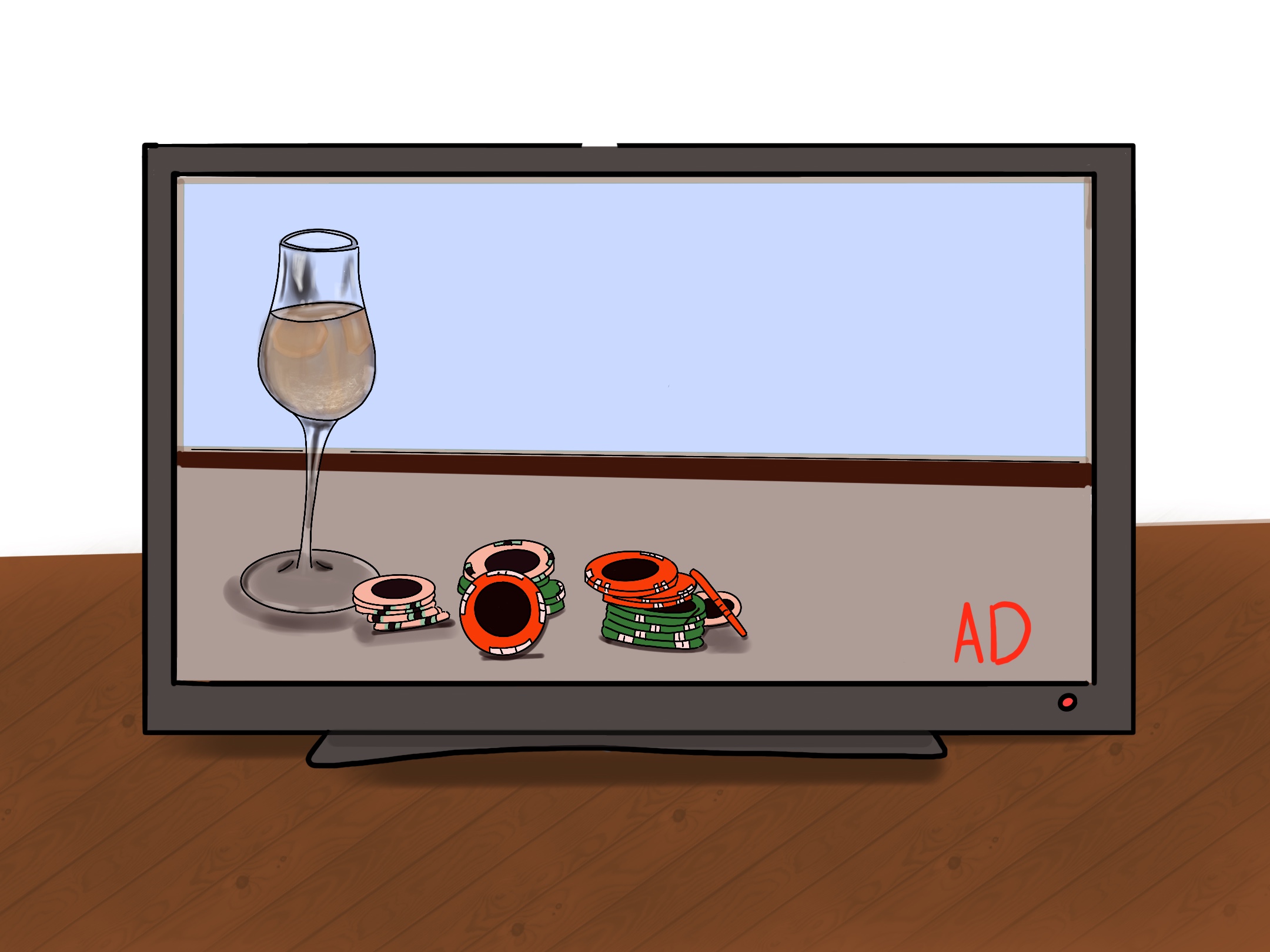Beyond the Game: Navigating Alcohol and Betting Ads for a Global Fan Base
Analyzing the Alienating Impact of Betting and Alcohol Ads
As any avid sports fan can tell, betting and alcohol advertisements are perhaps the most common advertisements run during televised sports games. However, some may not have noticed the profound effect this can have on certain demographics of viewers and the overall impact that betting and alcohol advertisements can have on a more general audience.
The recent move by the Ontario government to implement a regulated online gambling market has likely played a significant role in the recent and immense increase in gambling and betting among Ontarians. This statistic is also correlated with massive increases in advertisements for gambling and betting companies. A study by Ipsos, a world-renowned market research organization, found that a whopping 63 per cent of Canadians believe there needs to be a limit on both the placement and quantity of betting and gambling advertisements shown in media.
These concerns have arisen due to a variety of reasons. Many believe that there is a direct link between increased gambling ads and the increase in gambling addicts. Others are prohibited from gambling due to religious or cultural reasons, causing such ads to alienate these consumers, making them feel left out and potentially even unwelcome in the world of sports.
These concerns have caused viewers to develop a general distaste for gambling ads. The same Ipsos study shows that there has been an 820 per cent increase in negative social media posts regarding sports betting advertising in just the last year. Subsequently, it has been made clear that these advertisements are getting out of hand for a large portion of viewers.
These concerns have grown at such an alarming rate that the Ontario government has recently passed legislation that will ban athletes and celebrities from appearing in online gambling commercials. This law will go into effect in February of 2024. This move by the government seems to signal a shift in discourse and perception of gambling ads and what effects they appear to have on viewers. To reiterate, this issue affects not only those with addictions to gambling but also those who are prohibited from gambling due to religious or cultural reasons.
Those individuals left feeling alienated by gambling ads due to cultural restrictions are also liable to feel similarly about certain sports, which reap the benefits of playing ads for alcoholic products.
Somewhat controversially, the 2022 Qatar World Cup banned alcohol at its stadiums. This news shocked many who enjoy drinking alcoholic beverages while watching their favorite sport. This move was made due to alcohol consumption being banned in Qatar for religious reasons. Most saw this as a point of contention between FIFA and the country of Qatar. However, because Qatar won the right to host the tournament, the rules of that country overruled the previsions that FIFA had over alcohol. Since drinking and being around those who drink is forbidden in the religion of Islam, the official religion of Qatar, this ban on alcohol made the tournament more accessible and more inviting for local sport-watchers and anyone who may follow Islam.
Still, moves like Qatar’s are likely impossible to pull off in most countries, and as a result, alcohol advertisements continue to alienate audiences around the world. The top 30 alcoholic beverage brands spend almost 800 million a year to reach viewers through sponsors, clubs, teams, tournaments, and even via athletes themselves.
While targeting advertisements to individuals who actually indulge in drinking can be an effective form of marketing and advertising, when these ads reach the wrong people, they are ineffective, unproductive, and even serve to isolate those individuals.
Limiting the amount of gambling and alcohol advertisements in the world of sports has positive implications for a variety of different reasons. Firstly, ads that are more focused on the demographics that make up their target audience tend to be more effective and efficient in selling their products. Secondly, individuals with issues relating to addiction or harmful use of gambling and alcohol will be saved from overexposure to products that have harmed them in the past and pose a potential threat to harm them again. Lastly, limiting these advertisements would decrease the alienation of individuals who cannot participate in these activities, leading to a more inclusive and welcoming sports community.
Sports & Health Editor (Volume 50); Locked on Leafs Columnist (Volume 48 & 49) — Omar is in his final year at UTM, working towards completing a major in CCIT and double minors in Political Science and Anthropology. Omar loves to keep up with various sports teams, his favourite being the Toronto Maple Leafs. When he isn’t stressing over exams or the Leafs, you can find him watching movies, looking at shoes he can only hope to afford, and trying his best to avoid parking tickets on campus.


